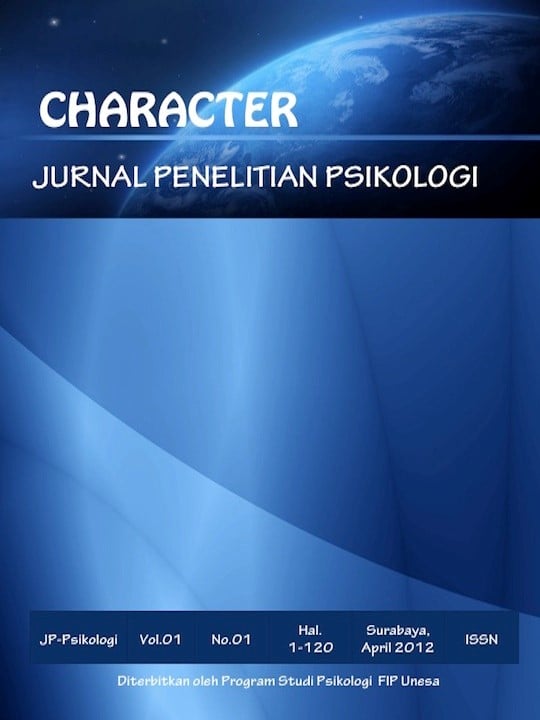HUBUNGAN EFIKASI DIRI, KESIAPAN BELAJAR SISWA DENGAN KECURANGAN AKADEMIK PADA PEMBELAJARAN DARING DI MASA PANDEMI COVID 19
DOI:
https://doi.org/10.26740/cjpp.v9i2.45754Abstract
Abstrak
Adanya pandemi berdampak pada sebagian aktivitas kehidupan. Salah satu dampak yang dirasakan yaitu pada sistem pendidikan di Indonesia yang berubah menjadi metode belajar daring. Pembelajaran daring menciptakan banyak perubahan dalam proses belajar siswa. Di samping adanya kemudahan teknologi, hal itu juga menjadi kesempatan siswa untuk berbuat curang demi mencari nilai. Salah satu faktor munculnya perilaku kecurangan akademik pada siswa yaitu efikasi diri. Selain itu, adanya perubahan metode belajar daring juga mengharuskan siswa memiliki kesiapan belajar untuk menunjang keberhasilan. Penelitian ini bermaksud untuk mencari tahu hubungan antara efikasi diri dan kesiapan belajar siswa terhadap kecurangan akademik di salah satu SMA di Jawa Timur. Metode yang digunakan adalah kuantitatif dengan jumlah sampel 122 pengambilannya menggunakan teknik cluster random sampling. Data penelitian dianalisis menggunakan uji regresi berganda. Hasil penelitian uji F menunjukkan nilai signifikansi 0.00 < 0.05 yang menunjukkan bahwa efikasi diri dan kesiapan belajar berpengaruh terhadap kecurangan akademik.
Kata Kunci: Efikasi diri, Kesiapan Belajar, Kecurangan Akademik
Abstract
The existence of a pandemic has an impact on some life activities. One of the perceived impacts is on the education system in Indonesia which has turned into an online learning method. Online learning creates many changes in the student learning process. In addition to the convenience of technology, it is also an opportunity for students to cheat to find grades. One factor in the emergence of academic cheating behavior in students is self-efficacy. In addition, the change in online learning methods also requires students to have a readiness to learn to support success. The purpose of this study was to determine the relationship between self-efficacy and student learning readiness against academic cheating in SMA in East Java. The research method is quantitative with a sampel used is 122 using cluster random sampling technique. The research data were analyzed using multiple regression test. The results of the F test showed a significance value of 0.00 < 0.05 which indicated that self-efficacy and learning readiness had an effect on academic cheating.
Keywords: Self-efficacy, Learning Readiness, Academic Cheating
Downloads
Downloads
Published
How to Cite
Issue
Section
License
Authors who publish in this journal agree to the following terms:
Copyright in any article is held by the author.
The author grants the journal, publication rights with the work simultaneously licensed under a Creative Commons Attribution License that allows others to share the work with an acknowledgment of the work's authorship and initial publication in this journal.
Authors may enter into separate, additional contractual arrangements for the non-exclusive distribution of the journal's published version of the work (e.g., posting it to an institutional repository or publishing it in a book), with an acknowledgment of its initial publication in this journal.
Authors are permitted and encouraged to post their work online (e.g., in an institutional repository or on their website) prior to and during the submission process, as this can lead to productive exchanges, as well as earlier and greater citation of published work.
 Abstract views: 634
,
Abstract views: 634
, PDF Downloads: 817
PDF Downloads: 817





